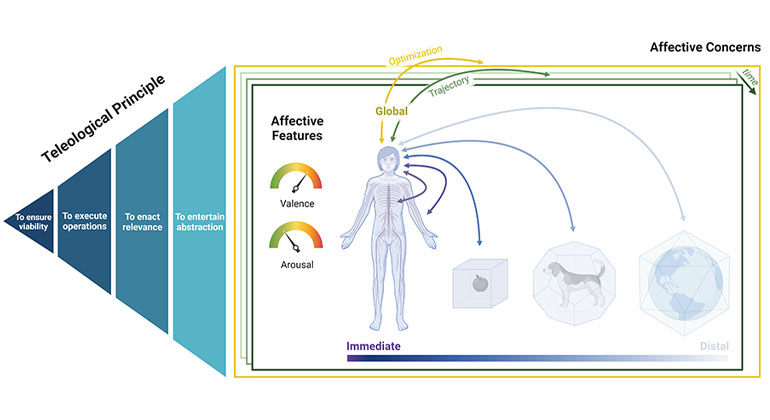"Bravery in the Brain"
At its most basic, bravery can be defined as action in the face of a threat. When confronted with hazards like dangerous predators or other attackers, humans and animals share the same evolutionary reactions. These reactions stem from the amygdala, a brain structure that regulates fear response and emotional processing, says Daniela Schiller, PhD, an associate professor of psychiatry and neuroscience at the Icahn School of Medicine at Mount Sinai. "There's no real science of bravery, it's the science of fear and avoidance. But I agree that sometimes it's just a branding issue. You can say you study courage instead of studying fear."
- Daniela Schiller, PhD, Associate Professor, Neuroscience, Psychiatry, Icahn School of Medicine at Mount Sinai
Learn more

Global Taskforce of Scientists Develop a Unifying Framework for the Human Affectome
Feb 12, 2024 View All Press ReleasesNew Research Suggests Your Imagination Really Can Set You Free From Fear
Nov 21, 2018 View All Press ReleasesHuman Brain May Contain a Map for Social Navigation
Jul 01, 2015 View All Press Releases